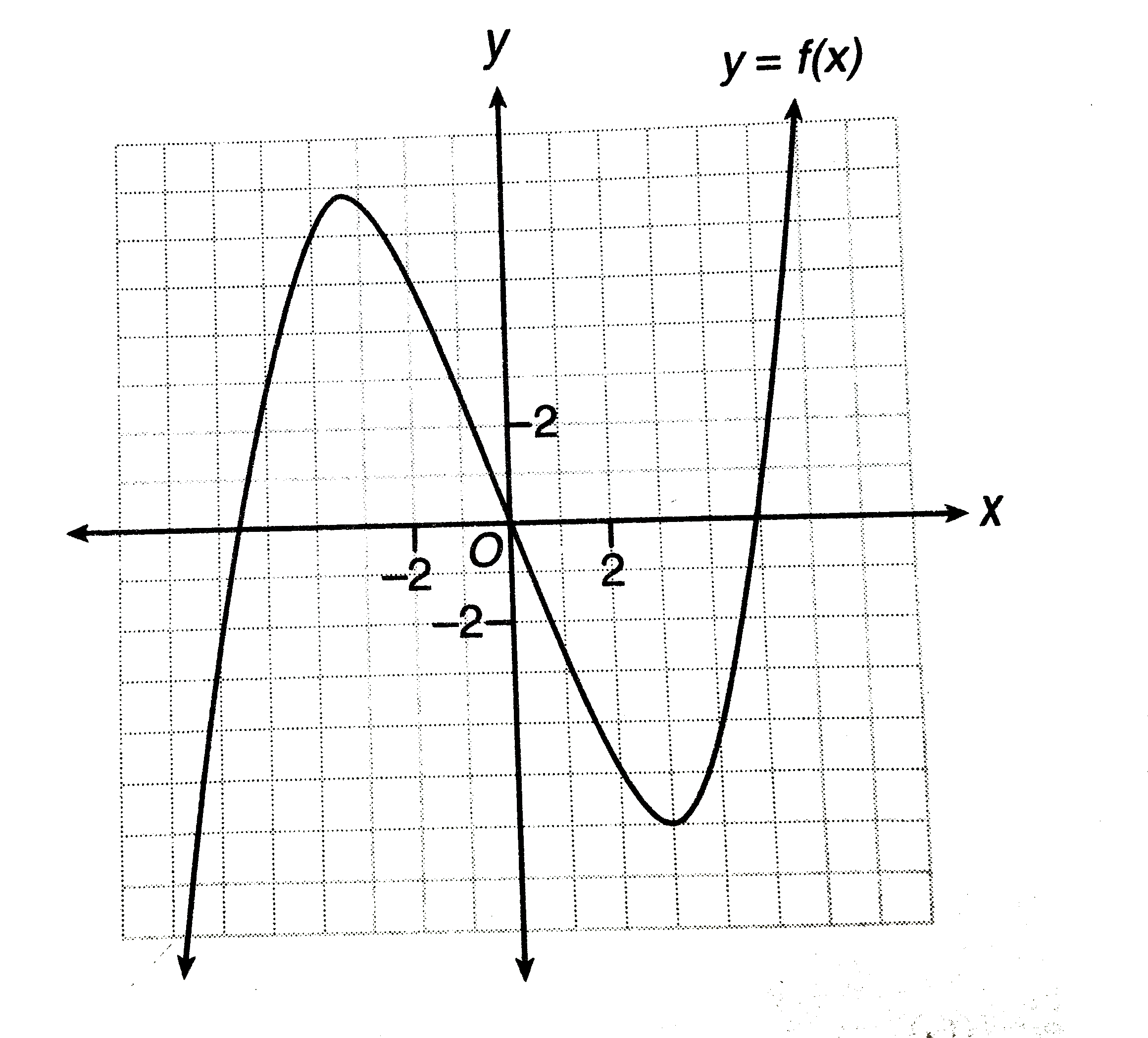Prove that the maximum number of points with rational coordinates on a circle whose center is is two.
Video Solution
Text Solution
There cannot be three points on the circle with rational coordinates as for then the center of the circle, being the circumcenter of a triangle whose vertices have rational coordinates, must have rational coordinates ( since the coordinates will be obtained by solving two linear equations in x, y having rational coefficients ). But the point does not have rational coordinates.
Also, the equation of the circle is
or
For suitable r and x, where x is rational, y may have two rational values.
For example, satisfy .
So, we get two points (0,1) and (0,-1) which have rational coordinates.
|
Topper's Solved these Questions
- CIRCLE BOOK - CENGAGE ENGLISHCHAPTER - CIRCLE EXERCISE - Examples
13 Videos
- CIRCLE BOOK - CENGAGE ENGLISHCHAPTER - CIRCLE EXERCISE - CONCEPT APPLICATION EXERCISE 4.1
1 Videos
- BINOMIAL THEOREMBOOK - CENGAGE ENGLISHCHAPTER - BINOMIAL THEOREMEXERCISE - Matrix
4 Videos
- CIRCLESBOOK - CENGAGE ENGLISHCHAPTER - CIRCLESEXERCISE - Comprehension Type
8 Videos
Similar Questions
Knowledge Check

16-18 The graph of polynomial function f is shown above.
Q. What is the maximum number of points a circle whose center is at the origin can intersect the graph of y=f(x)?A2B3C4D6How many points with integer coordinates lie on or inside a circle of radius three units centered at the origin?
A16B28C29D30
Le n be the number of points having rational coordinates equidistant from the point (0,√3), the
View SolutionFind the coordinates of a point A, where AB is the diameter of a circle whose centre is (2, 3) and B is (1, 4).
View SolutionFind the polar coordinates of the points whose cartesian coordinates are
(−3,4)
View SolutionThe quadratic equation with rational coefficients whose one root is 3+√2 is
View SolutionFind the coordinates of a point A , here AB is a diameter of the circle whose centre is (2, −3) and B(1, 4) .
View SolutionProve that √n is not a rational number. if n is not a perfect square.
View Solution
